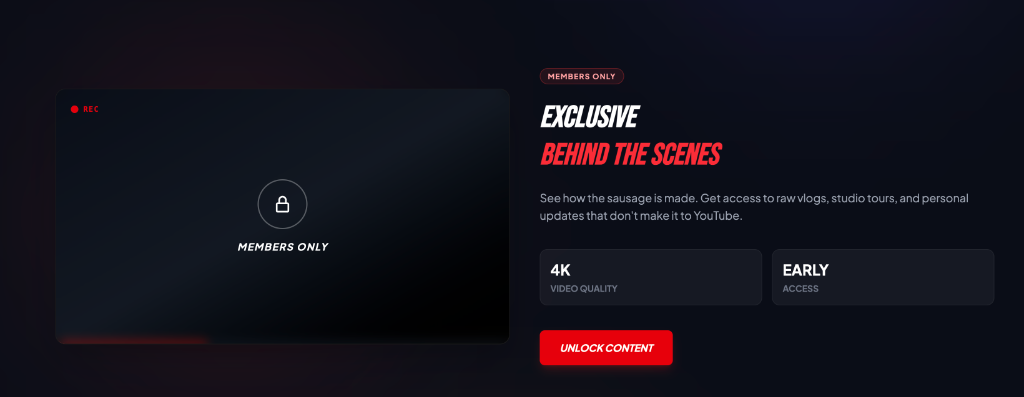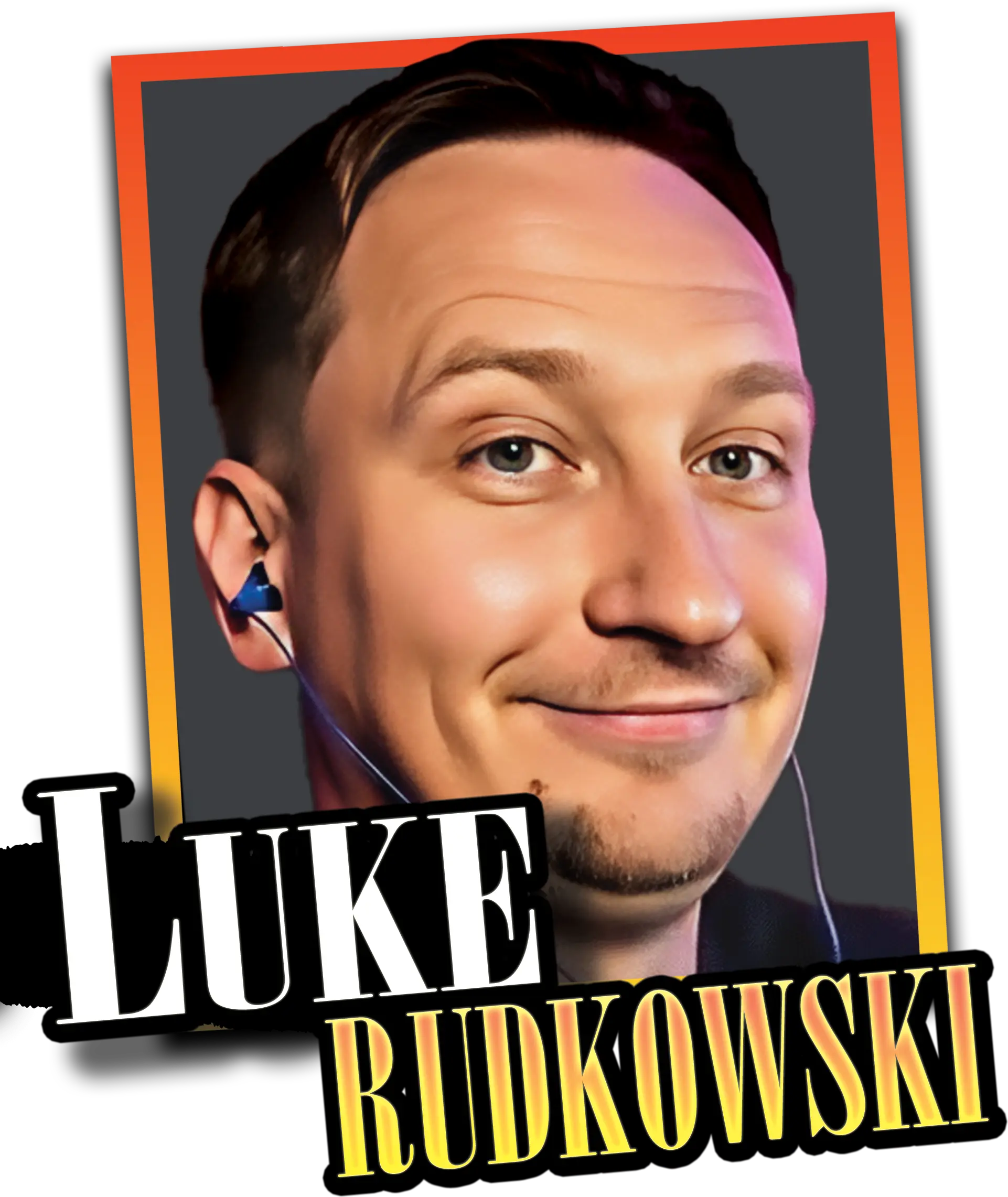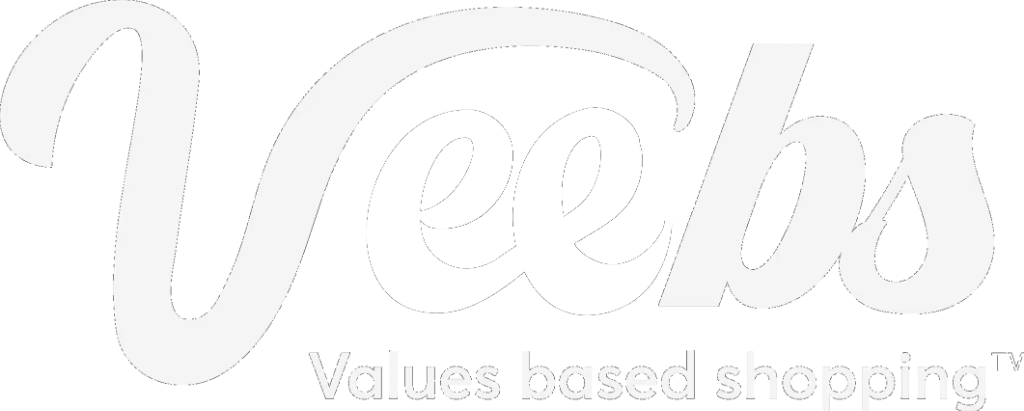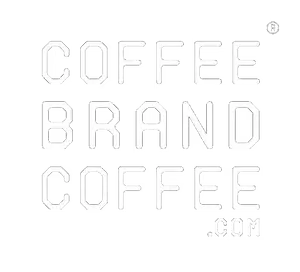Independent • Unfiltered • Uncancellable
THE QUARTERING
Daily commentary on gaming, comics, and culture wars. Join the rebellion against the corporate narrative.
Why Join the Inner Circle?
Get more than just content. Get a community that actually shares your values.
Jeremy
Dude your question was popular!Melanie
I can't stop thinking about it...You
Finally a place where we can speak freely! 🇺🇸Uncensored Discord
Join the conversation Big Tech wants to silence.

Exclusive Content
Raw vlogs, studio tours, and personal updates.
Support the
Free Speech Mission
Your membership funds the legal battles and keeps independent media alive.

Jeremy Hambly
Founder & Host
WHO IS
THE QUARTERING?
No corporate overlords. No teleprompters. Just unfiltered truth about the gaming industry, entertainment, and the culture war.
What started as a humble gaming hobby channel has exploded into a global powerhouse, influencing millions with raw commentary on pop culture's biggest fails and triumphs. From dissecting Hollywood's agenda-driven flops to exposing the absurdities in tech and media, we've become the go-to voice for those tired of sanitized spin. Our daily streams don't just break news—they ignite conversations that shape the discourse.
400K+
X Followers
1.6M+
YouTube Subscribers
300K+
Rumble Followers
6B+
Total Views
Partners Who Get It
Brands that support independent voices. Members save big.
RUMBLE PREMIUM
Ad-free viewing. Exclusive badges. Support free speech.
Use code QUARTERING
Get $10 OffWHY JOIN THE INNER CIRCLE?
More than just content. A community that shares your values.
UNCENSORED
DISCORD SERVER
- Direct access to Jeremy & The Crew
- No mods, just common sense rules
- Breaking news discussions 24/7
EXCLUSIVE
BEHIND THE SCENES
See how the sausage is made. Get access to raw vlogs, studio tours, and personal updates that don't make it to YouTube.
- Full Studio Tours & Setup Rigs
- The "Lost Tapes" & Uncut Vlogs

SUPPORT THE MISSION
Your membership directly funds legal battles, server costs, and keeps independent media alive. We cannot do this without you.
Become a Member






